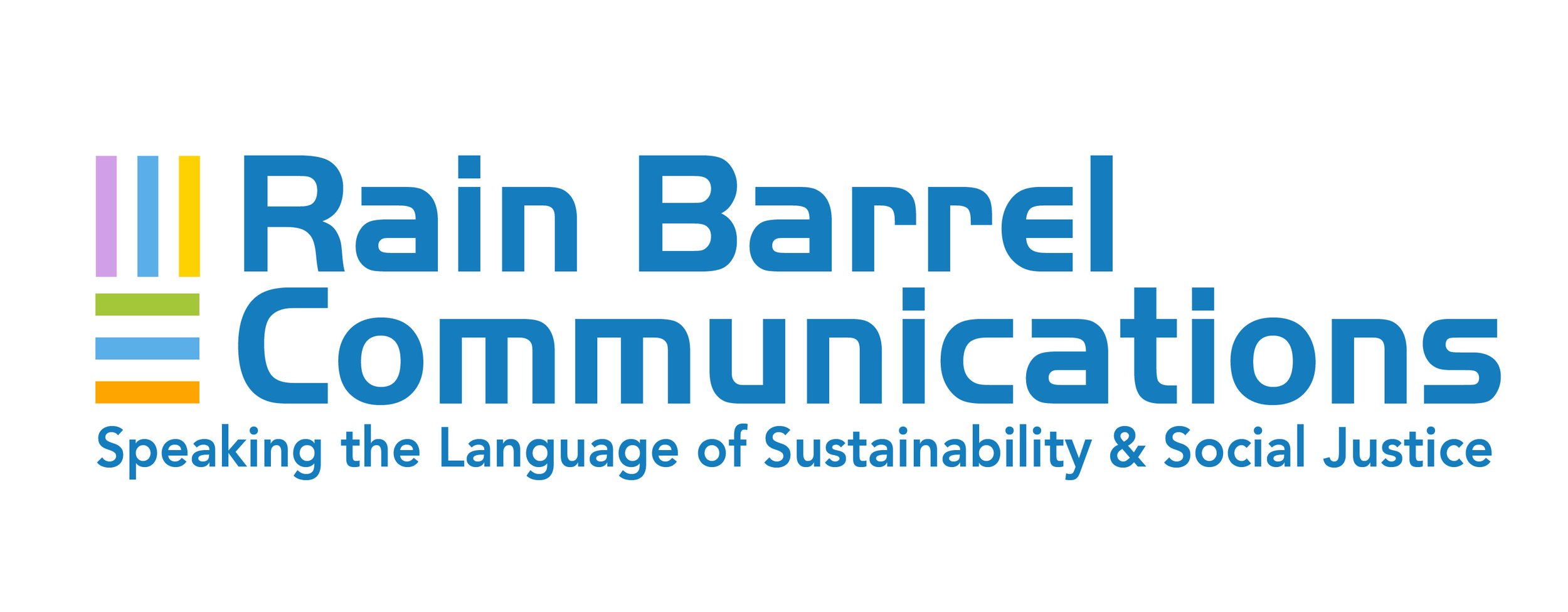Jargon
I could go on for hours singing the praises of CRIN — the Child Rights International Network — as a virtual platform for information and as a non-governmental advocacy voice for children’s rights world-wide. I collaborated with them when I was working with UNICEF and I can assure you that nothing else like it exists. It deserves far greater recognition and support.
One of the features of their weekly newsletter that I especially like as a communicator is their “Jargon of the Week” section — this week’s is copied below. They are fighting a valiant, but I’m afraid uphill battle, to get the child rights community — starting with the United Nations — to use less bureaucratic and technical language.
Their compendium, “The A to Z of Child Rights Jargon”, is terrific. See http://www.crin.org/resources/infoDetail.asp?ID=22942
I say it’s an uphill struggle because I know firsthand how difficult it is to wean yourself away from the jargon once you have been working in the system, which has a language and culture of its own. Technical, legal and political imperatives sometimes seem to make natural speech impossible.
But communicate with ordinary folks we must — that is, if we want to change the world. We need to “occupy language” in the interest of democratic dialogue that moves hearts and excites minds.
So hat’s off to our friends at CRIN for reminding us about this important part of our work that is systematically neglected or treated as an after-thought.
from CRIN:
Jargon of the Week
Promoting the use of clear language among children’s rights advocates
The trouble with buzz words is…
The overuse of positive action verbs – or buzz words – in an NGO report can make it seem as if it were modelled on a guide on how to write a CV or cover letter. But rather than inspiring readers to take notice, buzz words more often than not induce an eye roll or two for their lack of originality.
For example, we often like to use – and reuse – the verb to leverage, especially when it comes to leveragingresources. In one case of glaring overuse, the term to engage was employed five times within the same paragraph. We seem to especially like engaging with human rights mechanisms or engaging in policymaking. The same goes for our tendency to enhance just about anything, in particularenhancing effectiveness.
But if we swap the buzz word tick list for a thesaurus, we can get creative with language. The following are just some alternatives to the words mentioned above, which will hopefully keep readers’ eyes fixed on the page, as opposed to rolling in disapproval:
Engage in – take part in, participate in, become involved in
Enhance – improve, boost
Leverage – harness, utilise, make use of
